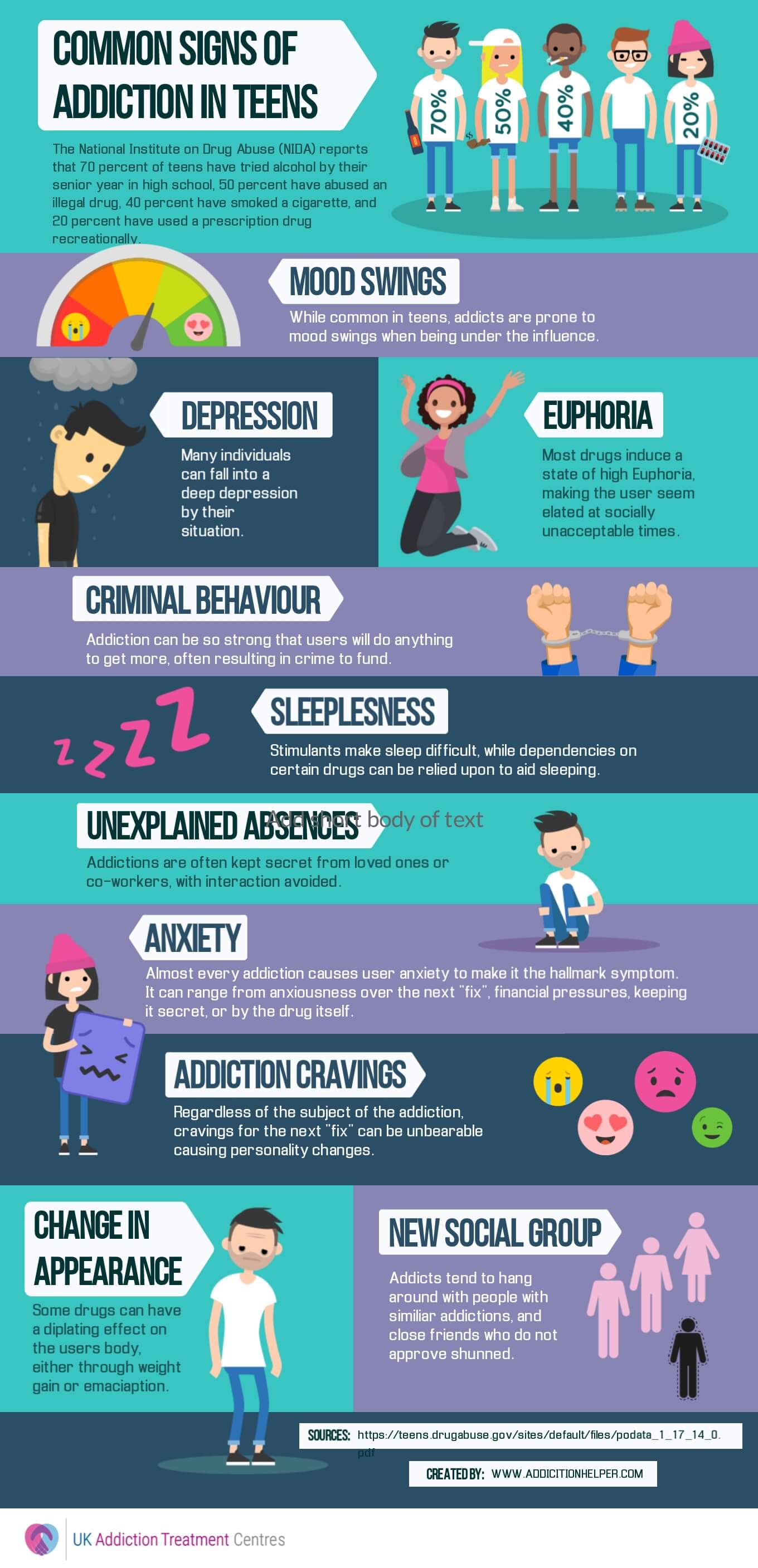Why Aftercare In Drug Rehab Is Important For Long-Lasting Recovery. Find Out Exactly How Support Systems Can Assist You Remain Sober And Construct A Fulfilling Life
Why Aftercare In Drug Rehab Is Important For Long-Lasting Recovery. Find Out Exactly How Support Systems Can Assist You Remain Sober And Construct A Fulfilling Life
Blog Article
Post Produced By-Henry Ogle
You can not do it alone. Recuperation from drug addiction calls for a strong support system.
The importance of aftercare in drug rehabilitation can not be overemphasized. In this article, we will certainly discover the function of therapy, the benefits of therapy, and the structure given by peer support system in preserving sobriety.
So, order a mug of coffee, unwind, and allow us assist you through the important steps of post-rehabilitation support.
The Function of Counseling in Aftercare
If you intend to preserve your soberness after leaving rehabilitation, it's important that you proceed joining counseling sessions as part of your aftercare plan.
Counseling plays a vital function in your recovery journey by offering continuous support, advice, and a risk-free room to express your feelings and problems.
Through therapy, you can address any underlying problems that might have added to your addiction, develop coping methods, and discover healthier methods to handle stress and yearnings.
It enables you to resolve any type of unsolved emotions and create a much better understanding of on your own and your triggers.
The Advantages of Therapy in Maintaining Sobriety
To keep your sobriety, treatment can offer numerous benefits.
- Therapy uses a safe room for you to check out and resolve the underlying problems that may have contributed to your addiction.
- It enables you to overcome your emotions and establish much healthier means of managing tension and sets off.
- Via treatment, you can get a much better understanding of on your own and your patterns of habits, which can help you make favorable adjustments in your life.
- Additionally, therapy offers you with a support system of specialists who are educated to guide and aid you on your trip to healing.
- They can supply valuable insights, tools, and strategies to aid you browse the challenges that might emerge.
- In therapy, you can find out to develop healthy and balanced coping skills, develop strength, and boost your total wellness.
Peer Support Groups: A Structure for Lasting Healing
You can find lasting recuperation by proactively taking part in peer support groups and connecting with others that share similar experiences and objectives.
Peer support groups provide a safe and non-judgmental room where people in healing can come together to share their struggles, successes, and insights. By actively taking part in these groups, you can obtain the assistance and inspiration you need to remain on the course of healing.
Getting in touch with others that have actually gone through comparable experiences can be unbelievably encouraging, as it aids you realize that you aren't alone in your trip. http://blythe28wendie.jigsy.com/entries/general/Shattering-Irons-Recovering-Your-Lifes-Prospective-With-Dependency-Treatment-Support permits you to gain from others who've efficiently overcome comparable obstacles. With https://www.medicalnewstoday.com/articles/alcohol-and-hypoglycemia , you can celebrate landmarks, hold each other answerable, and deal support and advice.
Through these connections, you can build a strong support group that will certainly assist you navigate the ups and downs of healing and inevitably find enduring recovery and improvement.
Final thought
You've discovered the crucial role of aftercare in drug rehab. Therapy, therapy, and peer support system add to lasting recuperation. Here's an astonishing statistic to grasp the size of the problem: studies reveal that individuals who get aftercare treatment are 50% most likely to maintain sobriety compared to those that do not.
So, imagine the transformative power of these support group in aiding people reclaim their lives and construct a brighter, drug-free future.
